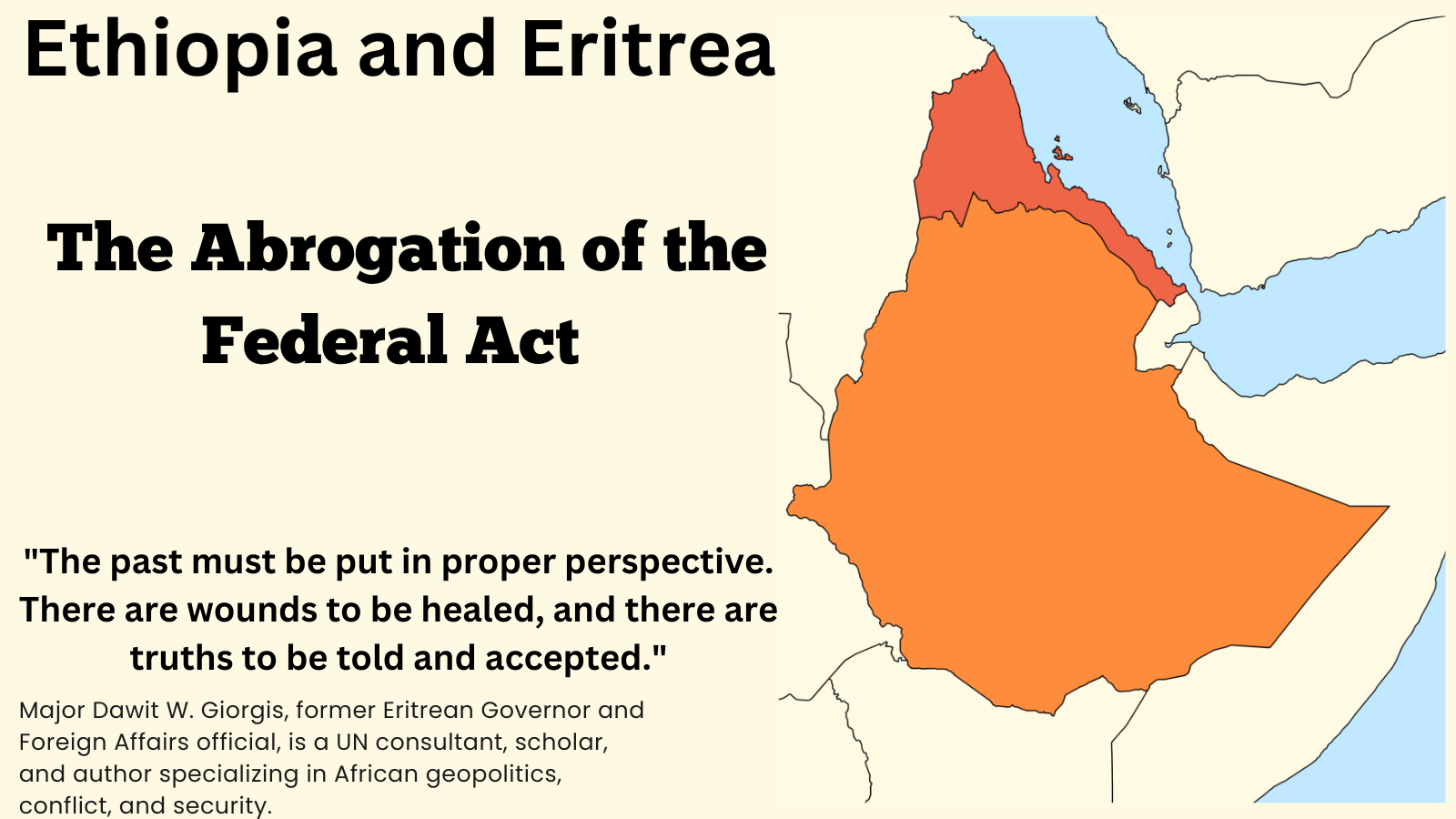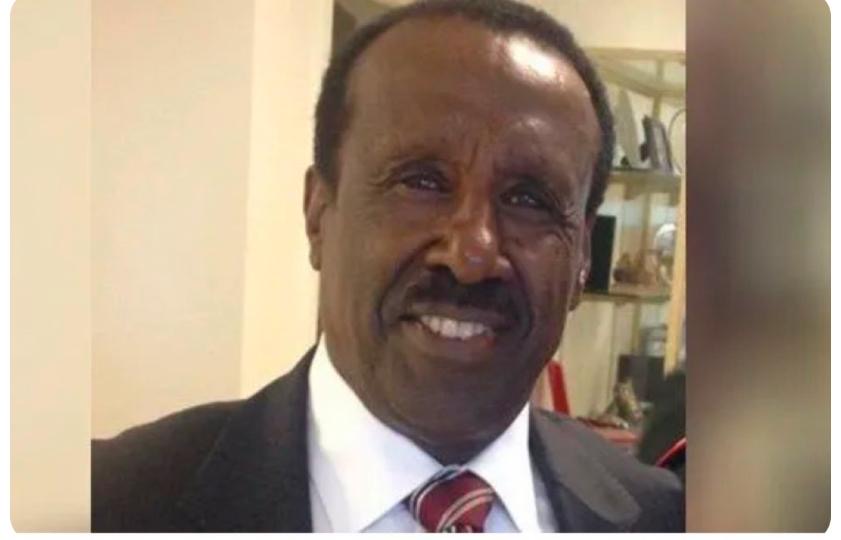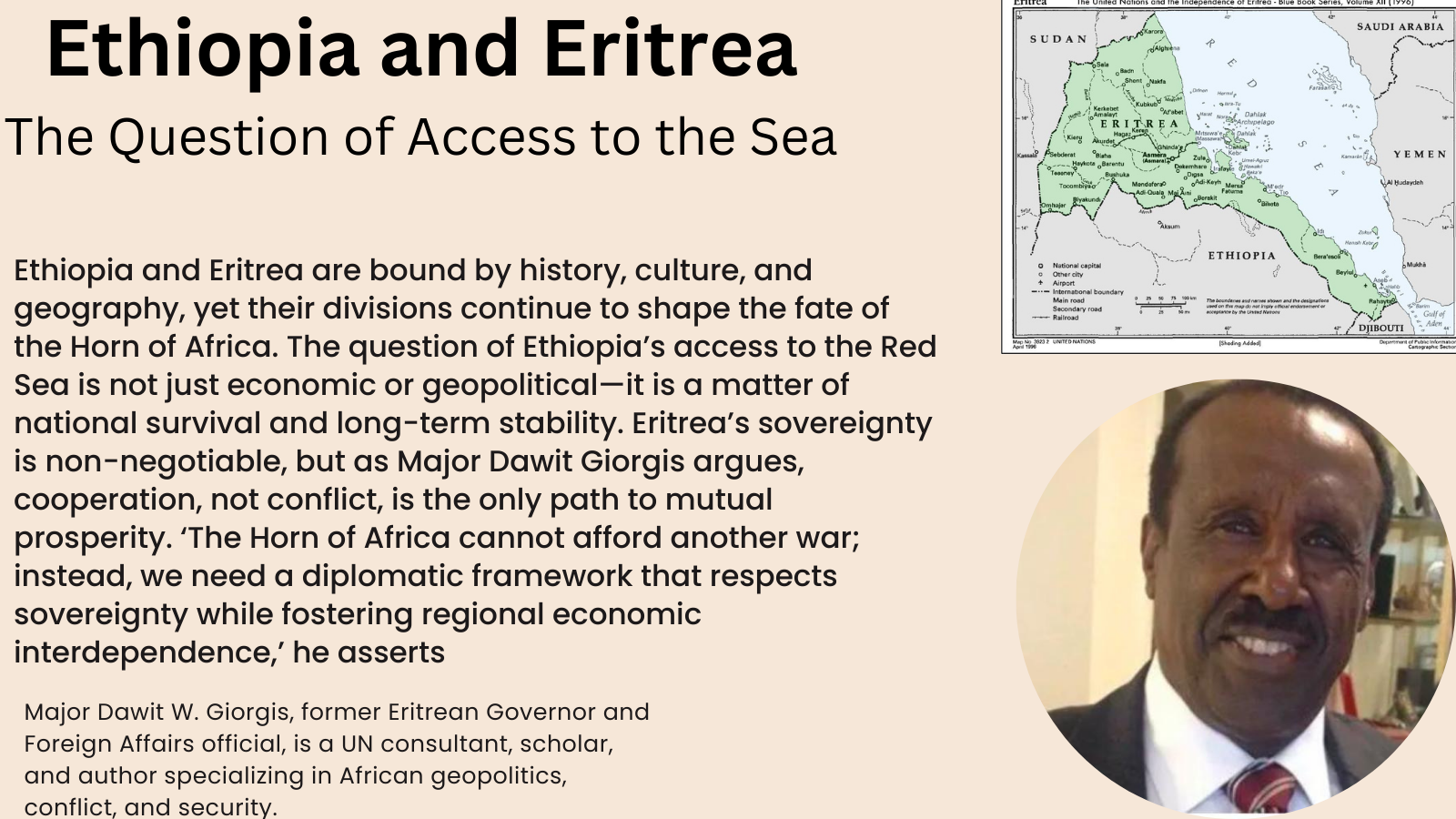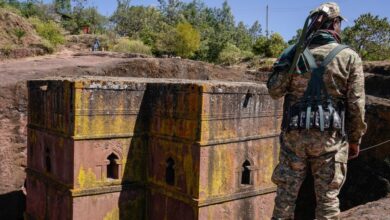The Mad King of Ethiopia Resorts to Forced Conscription and Child Soldiers
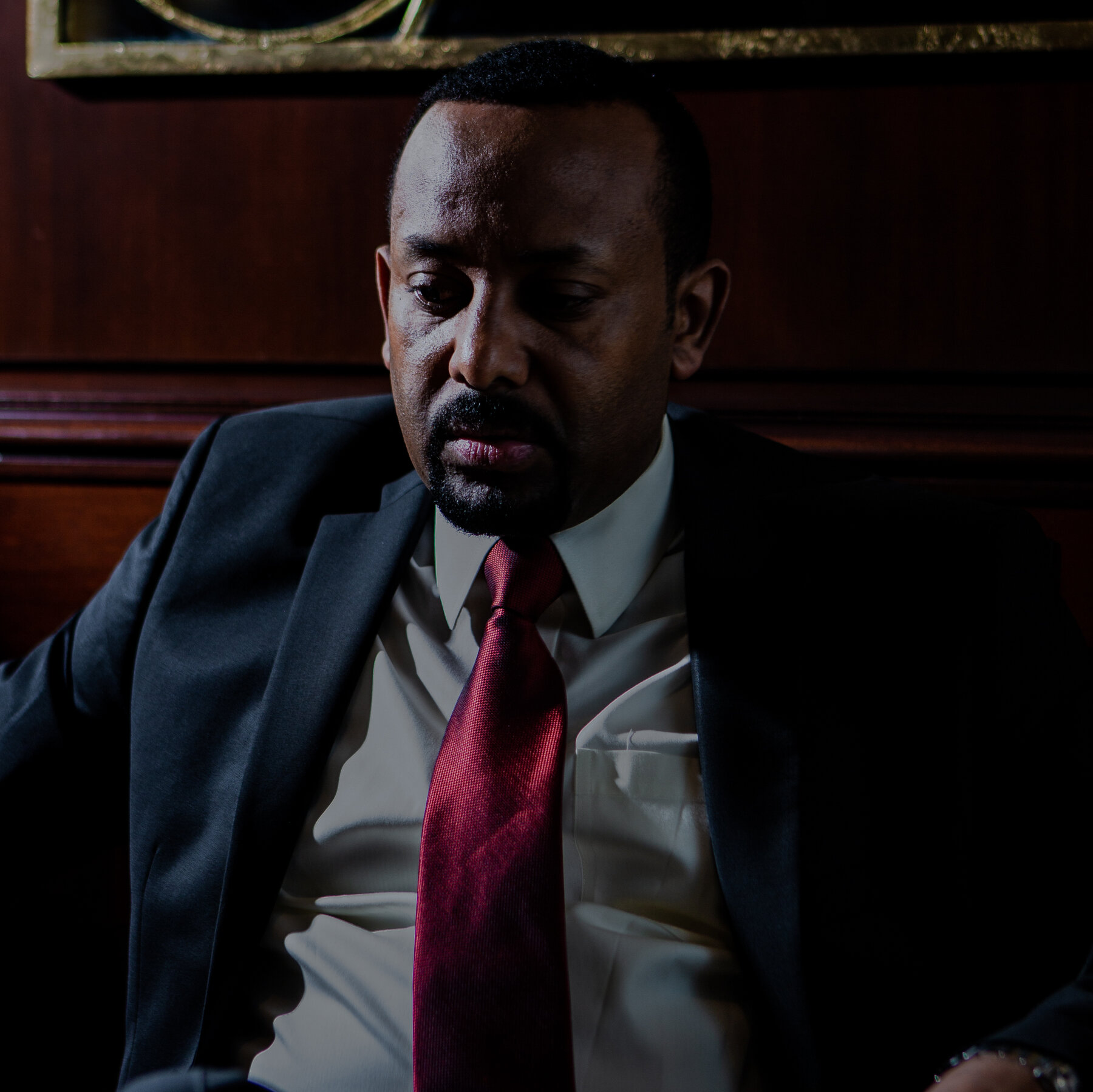
My cousin Mulu Ayalew was a farmer in Gojjam, Ethiopia, and a father of two. One morning in the early 1990s, he went to his farm, but government cadres detained him there and forced him to join the military. He didn’t get the chance to unyoke his beloved oxen, bid farewell to his family, or even inform them of his whereabouts. They took him to a military training center and then to the war front with Eritrea. He never returned. His children waited decades to see their father. His wife kept her promise, waiting for more than 20 years. His father, Ayalew Belete (my beloved uncle), a veteran who fought for his country twice (against the TPLF, EPLF, and Somalia), always gazed outside, hoping to see his son return. Mulu was never returned.
He was forcibly taken to be a soldier and paid with his life for a country that seemed never satisfied with spilling the blood of its own children. Yes, I know it is the government, but still, sacrifices are paid in the name of “Beloved Mama Ethiopia.” His parents lost the son they expected to support them in old age, his children lost their father, and they struggled to farm their land until they gave up and fled the area. His wife spent her life, lost her beauty, and burned her youth waiting for him. All lost. The family shattered. My eyes always fill with tears whenever I think of Mulu’s story—which is the story of countless Ethiopians. Ethiopia’s history does not move forward in a straight line but circles around like a vicious cycle.
As Samuel Huntington said in his book, “The Third Wave: Democratization in the Late Twentieth Century,” “History does not move forward in a straight line, but when skilled and determined leaders push, it does move forward.” But Ethiopia is not lucky enough to have such a leader and it kept circling around on the same path: – a path of war.
The current regime of Ethiopia, like its predecessors, has submerged the nation into war. This war is with itself, where the country bleeds from a double-edged sword. Though the war is initiated and waged by Abiy Ahmed, it is undeniable that all parties are bleeding Ethiopia. The fighters on both sides are Ethiopians, the arms are bought with Ethiopia’s scant foreign currency, and the continuously damaged infrastructures are limited resources that could have otherwise facilitated the development and freedom of Ethiopians. However, Abiy Ahmed, the mad king of Ethiopia, is blood bathing the nation from north to south, from east to west, with impunity. Gross human rights violations amounting to genocide, crimes against humanity, and war crimes—including rape, extrajudicial killing, starvation, and mass bombardment of civilians—are committed under the orders of Abiy Ahmed, the commander-in-chief of the army, and Birhanu Jula, the chief of staff. Now, the military has turned to forced conscription and child recruitment for military purposes.
Forced Conscription
People may not want to participate in a war for various reasons—religious beliefs, disagreement with the cause, the way the war is conducted, against whom it is conducted, ideological reasons, and more. Especially in Ethiopia, where war is perpetual, and the warring parties are Ethiopians in a civil conflict, people tend to have strong reasons not to engage in war, not to kill their brothers or be killed by them. In such times, governments should not exert force to draft people merely to maintain their power. The wars in the Amhara, Tigray, and Oromia regions have cost the nation billions of dollars and millions of lives, with no accountability from any warring party. Those who initiated and led the operations of the war are still in power, leading another war against their own people.
The Ethiopian National Defense Force has faced a significant manpower shortage due to the wars Abiy Ahmed has conducted over the last five years. Many have perished, and unimaginable property destruction has occurred. The scarce foreign currency Ethiopia has is utilized not to buy agricultural machinery but killing machines, from drones to modern AK-47s. To address the foreign currency shortage, Abiy Ahmed has devised a mechanism to deceive lenders and donors by claiming he is pursuing transitional justice and national dialogue—sham processes that will not address Ethiopia’s current problems while an active war rages and his government remains in power. This is demonstrated in various examples. For instance, consider how the Ethiopian government reacted to the US embassy’s call to cease hostilities and negotiate. While the government talks about transitional justice and dialogue, it sends hundreds of thousands of new recruits to crush the Amhara fighters.
To address the shortage of soldiers, Abiy has engaged in forcibly conscripting people in various areas, including Addis Ababa. People from all walks of life are detained, sent to training camps, and dispatched to the front lines without proper training. This is evident in numerous instances. Families of those forcibly taken to military training centers are complaining on social media. Those surrendering in fights against the Fanos say they were forcibly drafted and had no intention of fighting. Fano leaders express that those forcibly drafted into the army surrender en masse or fire their bullets into the air instead of at targets. The youth in Addis Ababa and major cities are rendered unemployed by a government that prefers war to job creation. The same entity that renders them unemployed sends them to their deaths. The government is using the war to systematically reduce the unemployment rate, believing that if someone is poor or jobless, they are not considered human beings with dignity but an instrument to defend Abiy Ahmed’s power.
Child Conscription
International instruments like the Convention on the Rights of the Child prohibit conscripting children under 18 for military roles. Abiy Ahmed has deliberately created millions of unemployed youths to fuel his war, and he has rendered millions of children out of school. Over 9 million children are out of school because of the government’s policies. The budget is used for war, schools are destroyed by aerial bombardment and heavy artillery, and other schools are used as military camps and training centers. Children cannot attend school in some areas because their village is a battlefield.
After making them out of school, desperate and hopeless, Abiy Ahmed now turns to conscripting minors to kill their brothers and be killed by them. On the war front, Abiy’s military uses children as human shields. Conscripting children is pervasive across the nation, including the Amhara region. Families are forced to remain silent and powerless to prevent the enlistment of their children. Children are coerced into compliance, with no place to hide, especially in the Amhara region, where transportation is scarce and war rages in every direction. These children are defenseless. Instead of protecting them, the government facilitates their conscription. Society and families cannot shield them, as they face threats from both the government and the military. Those who attempt to resist conscription are arrested under the pretext of supporting Fano. Thousands of children are already engaged in the conflict, while others are still in training centers. Abiy, with no regret or shame, vows to continue the war. The international community should shift its focus from Ukraine and Gaza to Ethiopia and even neighboring Sudan.
To the International Community
The international community should not be deceived by Abiy Ahmed’s sham transitional justice and national dialogue processes. These processes cannot fully achieve their aims while controlled by the very entity committing war crimes and gross human rights abuses, and while they remain in power. The aims of these processes are twofold: to deceive the international community to secure loans and aid, and to avoid impunity through a justice process they tightly control.
The international community should use every means possible to pressure Abiy Ahmed to stop his wars and relinquish power, opening the way for a transitional period to conduct genuine transitional justice, national reconciliation, and negotiation processes. The international community should condemn the government’s acts of forced conscription and child drafting, which violate international human rights and humanitarian laws.

